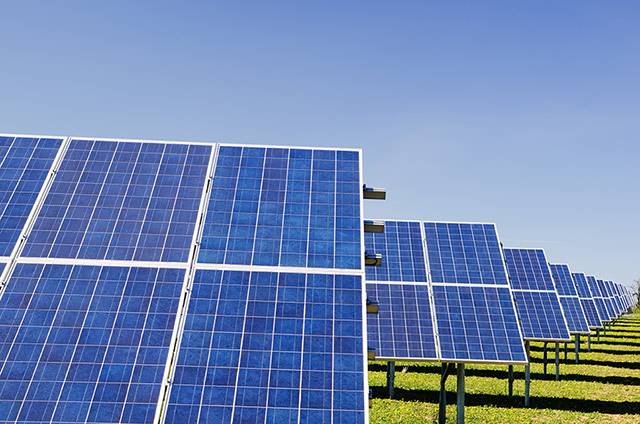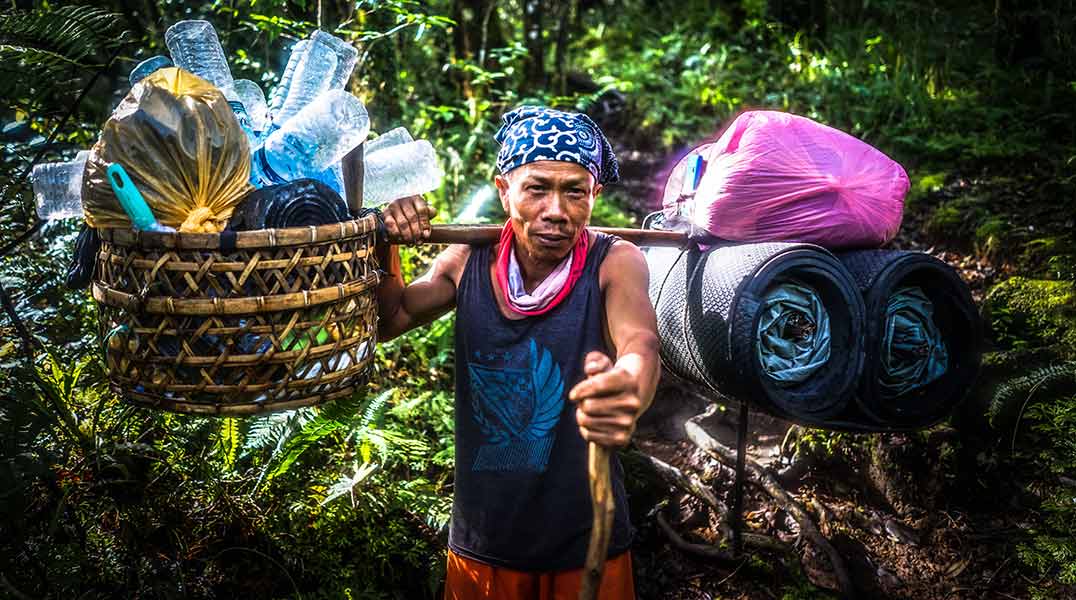What is Eco-Tourism
As many of us travel around the globe, as well as go about our daily lives, do we stop to think about how we impact the world around us? What would your answer be to the question, what is Eco-Tourism? I found this phrase, which I think summed it up quite nicely, ‘maximising our adventure and minimising harm’. I guess, most people would agree that this is quite correct.
While researching this further, definitions of ‘What is Eco-Tourism’ came to the fore from some leading environmental NGOs and responsible tourism organisations
- “Environmentally responsible travel to natural areas, in order to enjoy and appreciate nature (and accompanying cultural features, both past and present) that promote conservation, have a low visitor impact and provide for beneficially active socio-economic involvement of local peoples.” – The Nature Conservancy & World Conservation Union (IUCN)
“Ecotourism encompasses nature-based activities that increase visitor appreciation and understanding of natural and cultural values. They are experiences that are managed to ensure they are ecologically, economically and socially sustainable, contributing to the well-being of the natural areas and local communities where they operate” – Queensland Department of Parks and Recreation
Eco Tourism – We Can Practice What We Preach
In 2017 the International Year of Sustainable Tourism for Development was declared by the United Nations. This made it a perfect time to learn how to become an eco-traveller. We as a tour company have started to engage in ecotourism directly, we are actively exploring a portfolio of nature-based locations with the objective of learning about the environment and traditional cultures.
Our Wild Africa tour, a custom Eco-Safari in South Africa was our first photo safari based around Eco-Tourism, this was followed closely by our Pungwe Bush Camp photo safari. We actively sought out game reserves on local community tribal land, which is then leased back to the private sector to operate lodges and camps under a reviewed tendered

Once we had decided on the game reserves, we further looked at lodges and camps where we would take our guests, continuing the sustainable Eco theme. As mentioned previously our 2 current South African tours utilise solar energy for all lighting and power; food preparation is usually undertaken with a gas stove or open fire. Gas is used to heat water for showering and washing in one instance, in another, a ‘hot water donkeys’ (a water-heating system for domestic use, consisting of a drum of water mounted above a fire, which is lit, utilising collected wood from sustainable areas on the reserve. All water is drawn from boreholes at each camp. In Uganda, Gorilla Trekking, our guides are all local, especially those who trek with us in the forests, as we feel this is the best way of ensuring our guests receive expert local knowledge on how to track and where to find the great apes. These are just some of the ways we have started to look deeper into how we can make that little bit of difference to the environment and local communities.
Eco-Tourism You Can Make a Difference
When considering your accommodation, like a camp or lodge, you should look for specialised, locally-owned organisations to get the most out of your experience, all the while helping the economy of the area you are visiting. All too often, tourism companies, hotels, or major attractions are run by wealthy foreigners, so your money ends up going to those who need it the least.
Supporting your host community is an important part of ecotourism since it encompasses social, cultural and environmental sustainability. On top of social and cultural sustainability, try to find accommodation that practices environmental sustainability through the use of solar or wind power, water and energy efficiency, recycling and composting and biodegradable cleaning products.
We hope you have been given something to think about as you work towards becoming an Eco-traveler when next you travel.
- African Wildlife Photography Tips - February 23, 2020
- Low Light Wildlife Photography - November 26, 2019
- Bonamanzi Game Reserve - November 21, 2019

